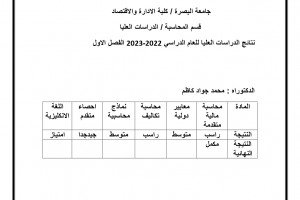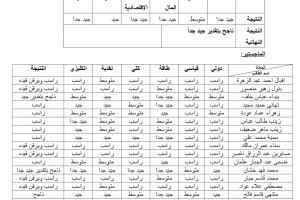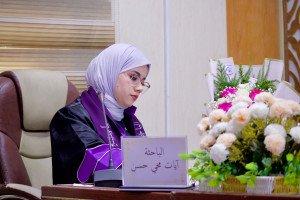
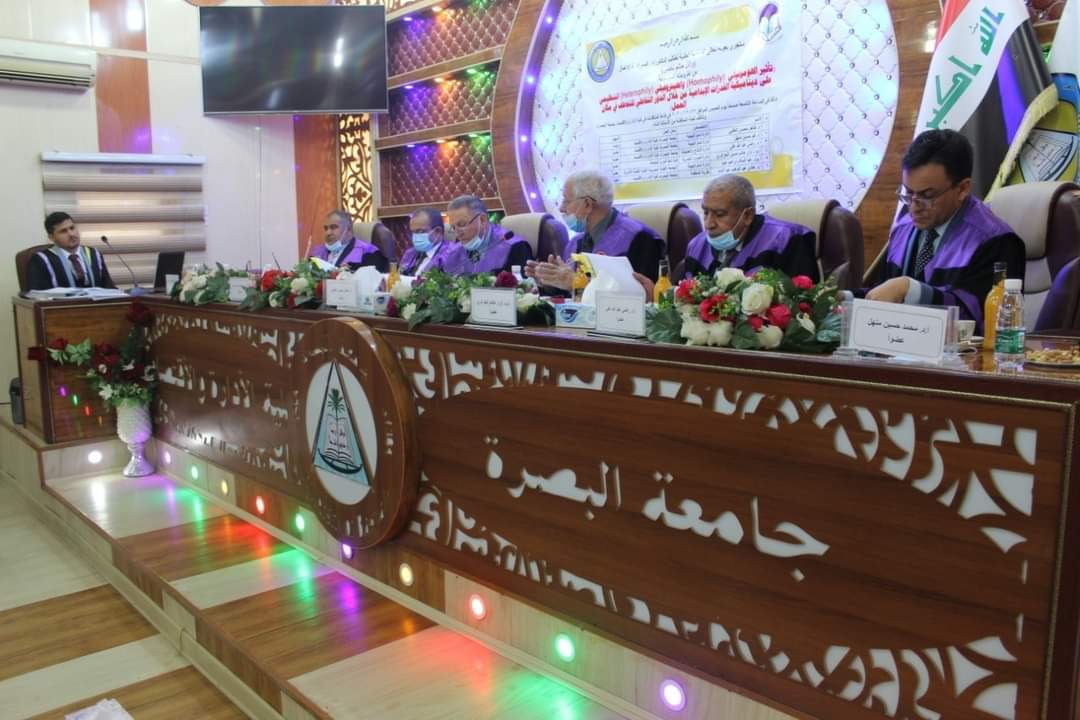
BASRA UNIVERSITY IS DISCUSSING A DOCTORAL THESIS ON (THE ORGANIZATIONAL INFLUENCE OF HOMOPHILY AND HETEROPHILY ON THE DYNAMISM OF CREATIVE CAPABILITIES THROUGH THE INTERACTIVE ROLE OF EMPAHY IN THE WORKPLACE)
The doctoral thesis at the college of administration and economics at Basra university examined (The effect of organizational homophily and heterophily on the dynamism of creative abilities through the interactive role of empathy in the workplace).
The thesis presented by the researcher (Waael Hatim Nasir) included six chapters, the first chapter dealt with an introduction and background on the study problem, and the second chapter concerned with the theoretical framework of the study, while the third chapter shows the previous studies and the conceptual framework, the fourth chapter turning to the intellectual foundations and philosophical starting points of the study, the fifth chapter came in the analytical and interpretative aspect of the field framework for the study, while the sixth and last chapter came with conclusions and recommendation.
The thesis aimed at adopting the development of the creative capabilities of teaching public universities according to environmental variables in addition to improving and developing social relations between faculty members on the basis of similarity and consensus in attitudes and participatory behavior in the workplace.
The researcher concluded that the creative capital focuses on how to sustain creative capabilities, which requires searching for and seizing ideas and how to invest within the framework of communication and social interaction through enhancing trust with other colleagues and exchanging knowledge for the purpose of sustaining creative success.
The researcher recommended the necessity of enhancing investment in hemophilic by enhancing the interactions and common daily activities in the workplace to contribute to uncovering the individual attitudes of other teaching colleagues.


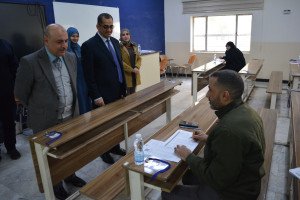
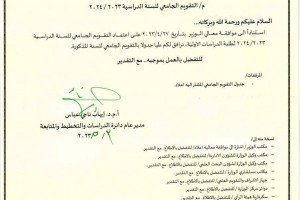
.jpeg)
